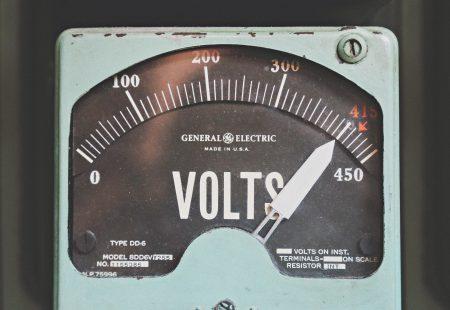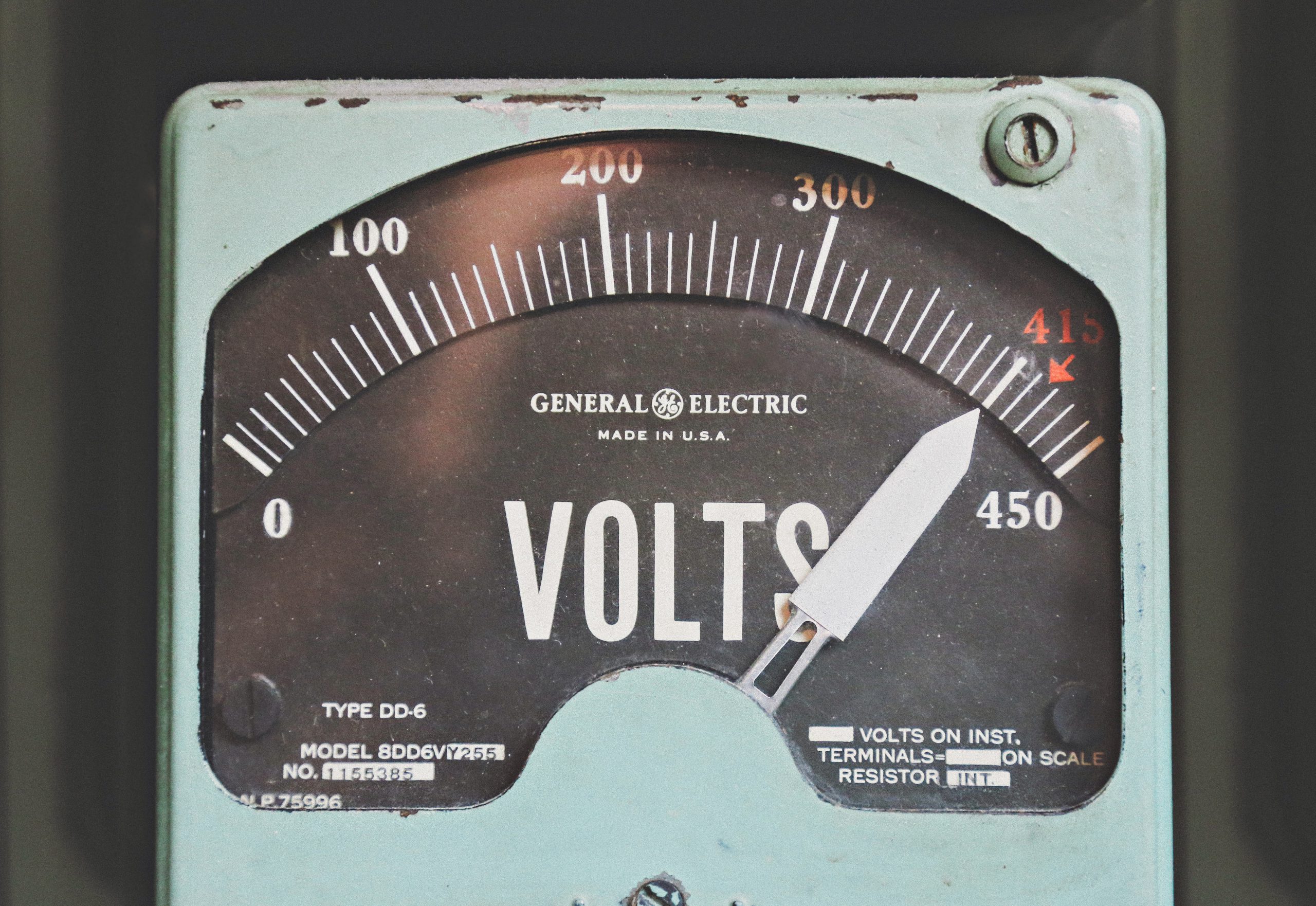
@thkelley
Vintage voltmeter
JOSHUA BARBER
adjunct instructor of government
Texas is currently emerging from one of the most bizarre natural disasters it has ever experienced. With this newest edition of calamity, there has been birdshot blame and Texas is looking a lot like Harry Whittington after a 2006 hunting trip.
This has also led to this disaster immediately falling along party lines in a disgusting and ignorant style. Among the things I have seen blamed: Electric Reliability Council of Texas, Public Utility Commission of Texas, Green Power, the Governor, racism, karma, national and state Republicans and Democrats and even the everyday people of the great state of Texas.
All eyes are on ERCOT — manages the flow and settles real-time and next-day costs. Their purpose includes advising on the need for power load in a given area. They can only manage what power is available.
ERCOT and their commissioners — not appointed by the governor — are only the sacrificial lambs. Like all systemic problems, there are complicated answers.
- Texas’ reserve margin has grown smaller every year for the past five years. This is mainly due to decommissioned power plants, no longer economically profitable, coupled with the large population influx. Green power’s new entry to Texas along with federal subsidies push the price to a very cheap level, sometimes to negative cost.
- Wind turbines do freeze but make up a small part of the power grid. Even if in operation during the ice ravaging, their operation would make little difference in the high population areas.
- The Public Utility Commission of Texas — appointed by the governor and oversees ERCOT — is responsible for the locations and specification review of every single substation and transmission line in the state. There have been no calls from the commission for deep freeze resistance, nor a desire expressed for an increased reserve margin in the short run.
- Many journalists and angry social media deride the high cost of power in this crisis. Price regards wholesale electricity buyers. Like the stock market, they use advanced and sophisticated hedging techniques to buy power over short and long runs. Without context provided, this is fearmongering of the people’s pocketbooks, who are already stretched during the SARS COVID-19 pandemic. Companies like Griddy are the exception, not the norm.
- Furthermore, I have seen the price spike — capped by ERCOT — of $9000/megawatt-hour vilified as a symptom of greedy capitalism. Many should take a hard look at the transmission cost of service and make a case for capitalism. It is likely the most socialist system existing in Texas.
- Articles regarding the blackouts disproportionally affecting low-income, non-white communities mention these demographics are more likely to live near industrial areas. What the articles fail to mention is part of large industrial plants are among the first removed from the power grid. This is written into power purchase agreements with a non-negotiable clause required by ERCOT that a caveat to their PPA is that they will be shut down in emergencies.
- Governor Abbott has made a shrewd move in calling for reform to ERCOT. Joining the chorus of voices allows heads to roll at ERCOT, all while maintaining power through the PUC who has not been called for reform.
- This is first and foremost an “act of God” in Texas. Ice monsoons simply do not happen in Texas with any regularity. Many will be eager to point to the specter of climate change to arrive in the ensuing years, but Texas has not experienced anything close to this since 2011.
Edward Hirs, an Energy Fellow at the University of Houston, has been making his rounds with the media. Most notably, he had predicted ten years ago ERCOT would fail. “…the divestment in electricity production reminds him of the last years of the Soviet Union, or the oil sector today in Venezuela.”
It is precisely the lack of a cohesive and coordinated subsidy system in the energy sector that has led to the shortage of reserve margins and available power. There is a lack of communication and it needs to be addressed between the United States Energy Department, Agricultural department — for Cooperatives — and the Public Utility Commission of Texas.
One solution I offer is the redevelopment of nuclear energy. State incentives should be made for the state to re-invest in nuclear energy. It is reliable, clean and enormous in strength. Nuclear energy is heavily regulated, including the lengthy application process. Texas should take the time now so the next time this once-in-a-decade event occurs, the state will be more than prepared. This, of course, along with proper winterization protocol.
For Texas to maintain its grid independence and continue its streak of reliability, it will require a measured amount of central planning — an idea already enshrined in TCOS.

